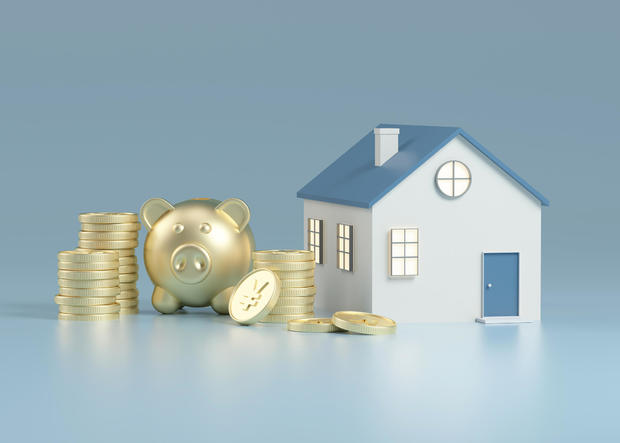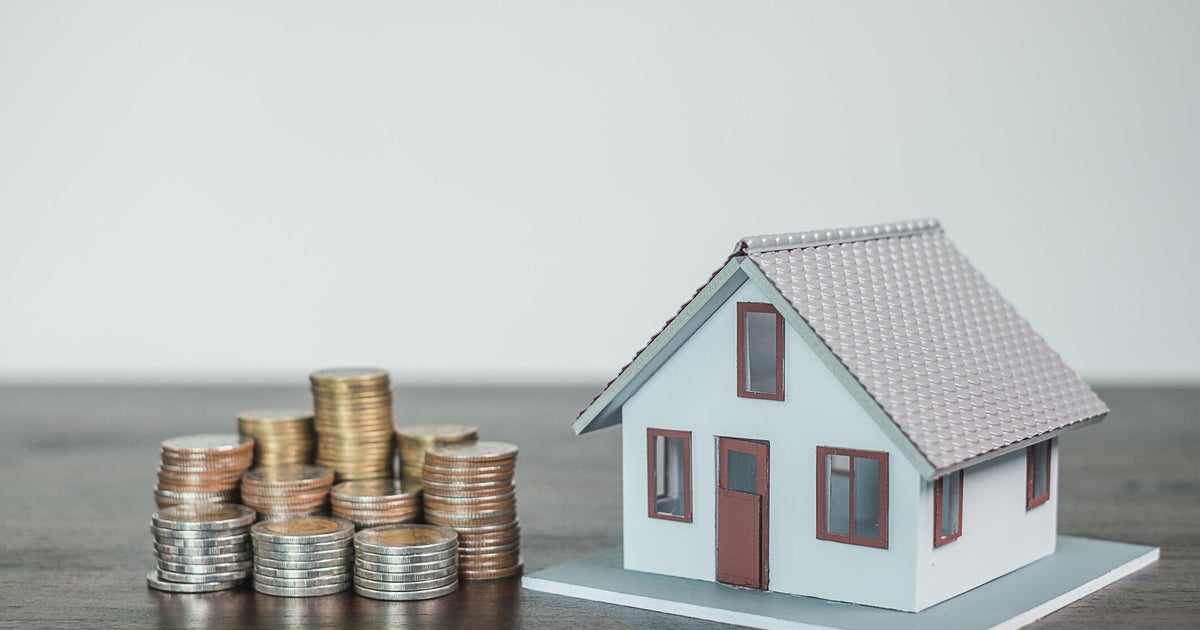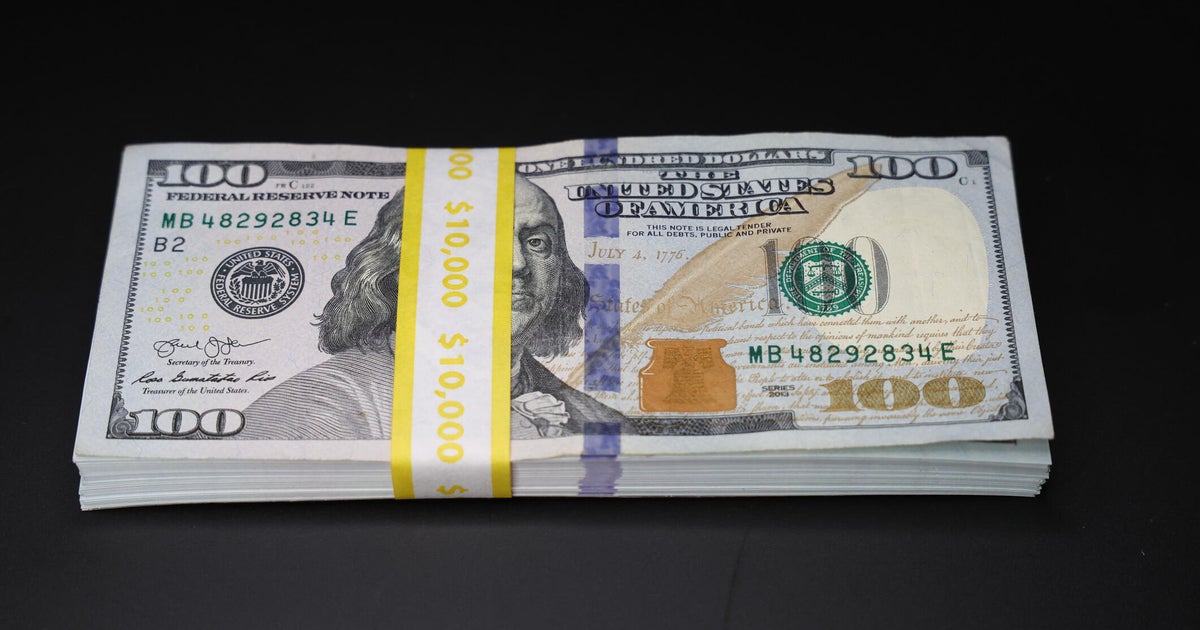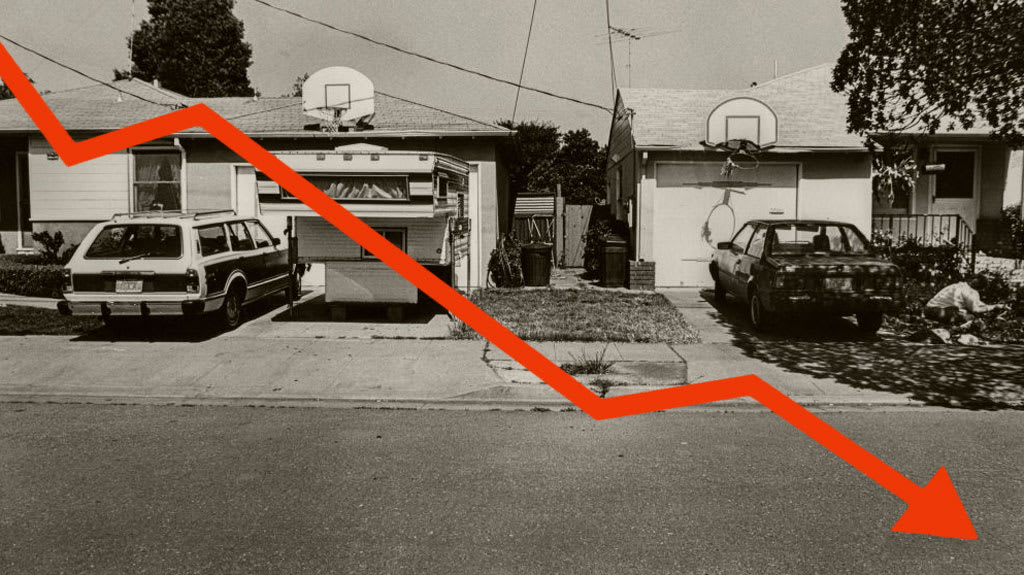How much would a $100,000 home equity loan cost per month?
Right now, inflation, food prices and mortgage rates are all higher than they were just a few years ago, which is putting a strain on just about everyone's budgets. But while many people are struggling financially due to the unusual economic circumstances we're facing, the good news is that homeowners may be in a unique position to weather that storm due to having a significant amount of equity on average.
The average homeowner currently has about $299,000 in home equity, a large portion of which is considered tappable equity. And, that tappable home equity can be used in a variety of ways, including being cashed in when selling a home or being borrowed against with home equity lines of credit (HELOCs) and home equity loans.
Home equity loans and HELOCs have become particularly popular in recent years, but if you're planning to tap into your home equity with a home equity loan, you may want to know what your monthly payments would look like. Here's how much a $100,000 home equity loan might cost you each month.
Start exploring the rates you could get on a home equity loan here.
How much would a $100,000 home equity loan cost per month?
Your interest rate and the loan term are the primary factors that determine the cost of your home equity loan each month, so it's important to understand how even minor changes to your rate or term can result in different monthly costs. Here are a few examples of the monthly cost of home equity loans with different terms and rates:
Example 1: 10-year fixed-rate home equity loan at 8.75%
If you took out a 10-year, $100,000 home equity loan at a rate of 8.75%, you could expect to pay just over $1,253 per month for the next decade. Most home equity loans come with fixed rates, so your rate and payment would remain steady for the entire term of your loan.
Your total interest costs — at an interest rate of 8.75% — would come to $50,392 by the time your loan was fully paid off. That means when calculating in the interest, you would pay about $150,392 in total for the cost of your loan.
Find out how much a home equity loan could cost you here.
Example 2: 20-year fixed-rate home equity loan at 8.85%
Interest rates tend to increase the longer your loan term is, as it increases the risk for the lender — and the chance that your finances could change and you default on the loan.
So, for a 20-year, $100,000 home equity loan, you could expect a slightly higher rate than on a 10-year term. In this case, let's say you qualified for an 8.85% rate. This would result in a monthly payment of $890 — much lower than the payment on a 10-year term.
The long-term interest costs, though? Those would be much higher. By the end of your loan's 20-year term, you would have paid over $113,624 in total interest, resulting in a total of $213,624 for the full cost of your loan (a $63,000 difference between the two loan term lengths).
Example 3: 30-year fixed-rate home equity loan at 9.00%
For a 30-year home equity loan, your interest rate would, again, be slightly higher. If your rate was 9%, for example, you could expect a payment of $804 per month for the next 30 years.
And by the end of your term, you'd have paid nearly $190,000 in total interest costs. In total, you would have paid about $290,000 for the full cost of your home equity loan when calculating in the interest.
Shop around for your home equity loan
With home equity loans, rates vary by loan term (and loan amount), and the home equity lender you choose matters, too.
"The best thing a homeowner can do is to research, research, research," says Mark Eid, managing director of Acts Financial Advisors. "Make sure all lender fees are clearly delineated, and always ask if there are discounts available. Ask each bank lender the same questions and compare the rates of loans with the same term lengths."
If you really want to minimize your interest costs, you can work on improving your credit score before applying. The best interest rates tend to go to the borrowers with the highest scores, so improving yours even a little could reduce your long-term costs.
"Take steps to increase your credit score to 700 or above, and you will generally be offered a better rate," Eid says.
Alternatives to consider
Home equity loans aren't the only way to put your home equity to good use. There are also HELOCs (home equity lines of credit), which function similarly to credit cards, with a line of credit that allows you to pull your money from your home equity over time — typically a period of 10 years.
HELOCs, however, usually have interest rates that fluctuate. As Karl Jacob, CEO at LoanSnap, cautions, "Be mindful that most HELOCs are variable rate, and that the rate isn't set until you take the money."
Other alternatives to home equity loans include cash-out refinances, reverse mortgages and home equity investments, which give you a lump sum of cash in exchange for a portion of your equity later on (when you sell or refinance).
If you're not sure which product is right for your goals, consider talking to a mortgage broker or financial advisor. They can help you weigh the pros and cons of each and determine the best path forward.




